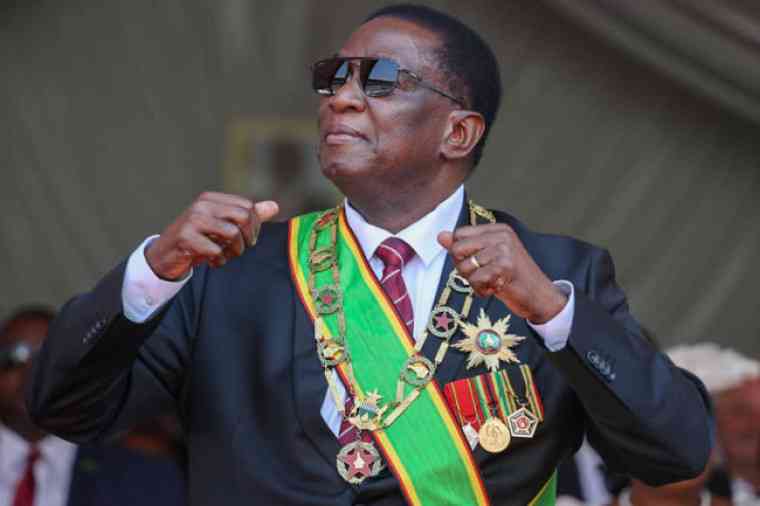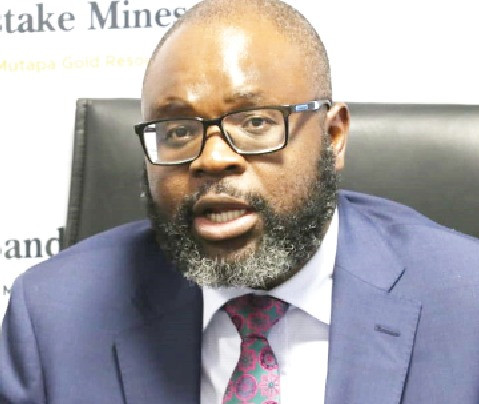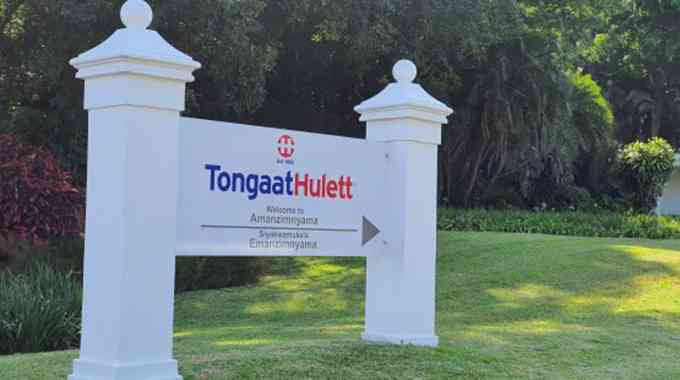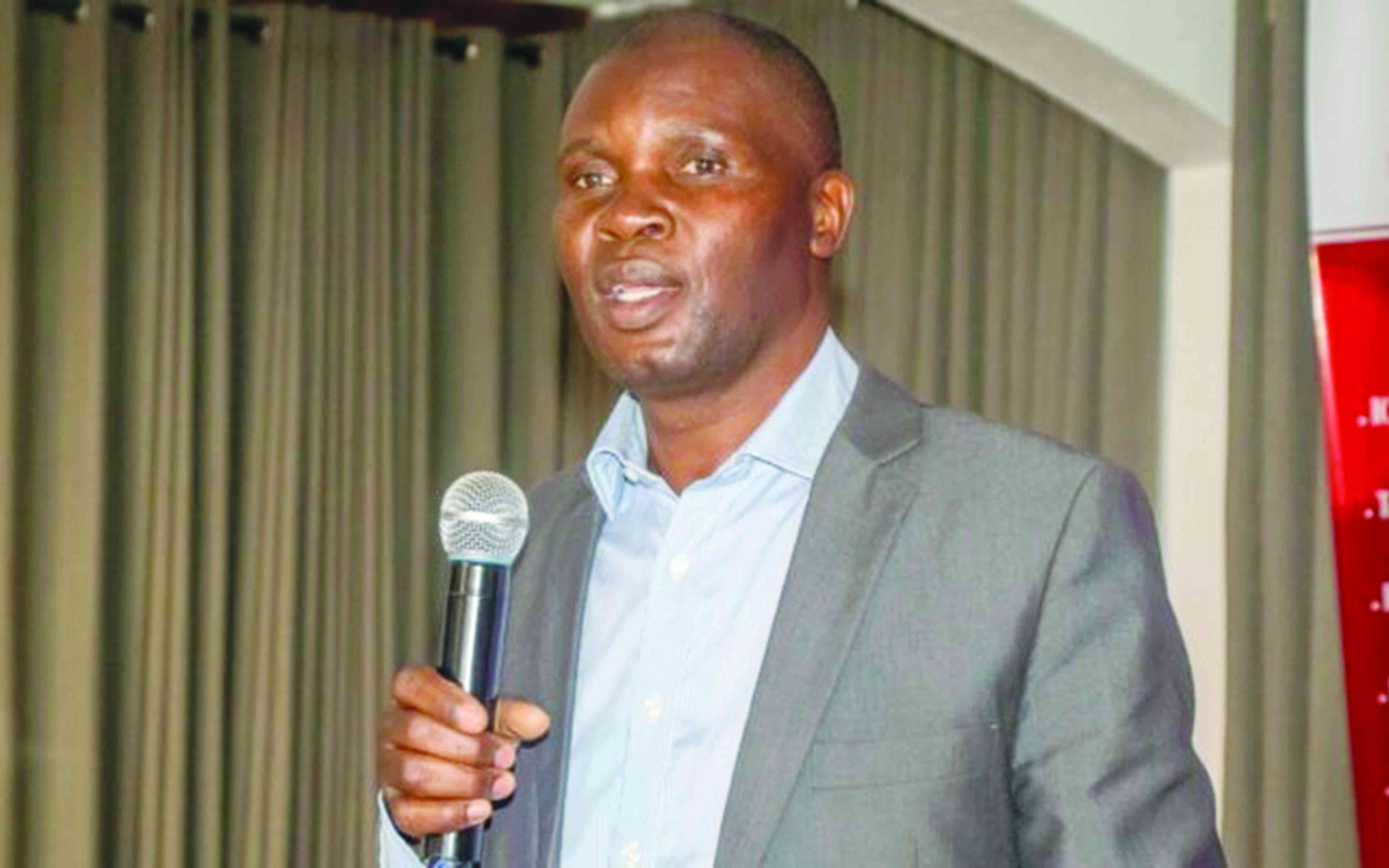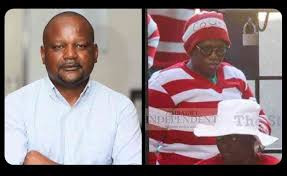
HARARE magistrate Ethel Chichera has set October 31 as the trial date for Alpha Media Holdings (AMH) editors Kholwani Nyathi and Faith Zaba, who are facing charges of insulting or undermining the authority of the President.
The two are accused of insulting or undermining the President through the Zimbabwe Independent’s satirical Muckraker column, titled When you become a mafia State, published in the June 27–July 3, 2025 edition.
The column criticised Zimbabwe’s leadership during its chairmanship of the Southern African Development Community, pointing to allegations of Zimbabwe’s involvement in electoral fraud in Mozambique, Botswana and Namibia.
It further alleged that Zimbabwe had become a “mafia state” run by a government “obsessed with clinging to power through political chicanery”.
According to the state, the article, accompanied by a picture of President Emmerson Mnangagwa and Mozambique’s President Daniel Chapo, was “false in material particulars” and intended to provoke hostility toward the head of state.
The case has attracted significant public and media attention, not least because of its implications for press freedom.
Zaba is editor of the Independent, while Nyathi is the group editor-in-chief, representing AMH, publishers of the Independent, NewsDay and The Standard.
Defence lawyer Nontokozo Dube-Tachiona of the Zimbabwe Lawyers for Human Rights told the Independent they are ready for trial.
- Masunda lands global sugar industry position
- In Conversation with Trevor: Chisamba: Let’s be proud of ourselves
- In Conversation with Trevor : How car crash changed my life
- In Conversation With Trevor: ‘We lost our humanity’
Keep Reading
“We are ready for the trial; we have always been prepared from the very beginning,” she said.
Dube-Tachiona had earlier this month challenged the prosecution’s authority to proceed without a certificate from the Attorney-General.
However, Harare Magistrate Kudzai Mtombeni dismissed the application, ruling that the prosecution was acting within its powers.
Mtombeni’s decision rested on his interpretation of Section 34 of the Criminal Law (Codification and Reform) Act, which, he argued, allows prosecutions to continue on remand without prior approval from the Attorney-General.
State prosecutor Lawrence Gangarahwe had told the court that a certificate of authority was not required at this stage and that the defence’s objection was “premature and without merit”.
Section 34 stipulates that the Attorney-General should authorise prosecutions under Chapter III of the Code, which covers crimes against the state and public order, including terrorism, sedition and undermining the authority of the President. The defence maintains that the provision was not correctly applied in this case.
The trial is now set to open a new chapter in a legal battle that underscores the fragile balance between state power and constitutional rights.
For many observers, it is also a litmus test for Zimbabwe’s commitment to media freedom and the protection of journalists.

